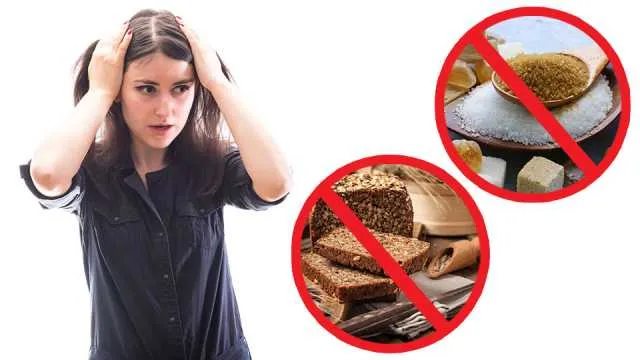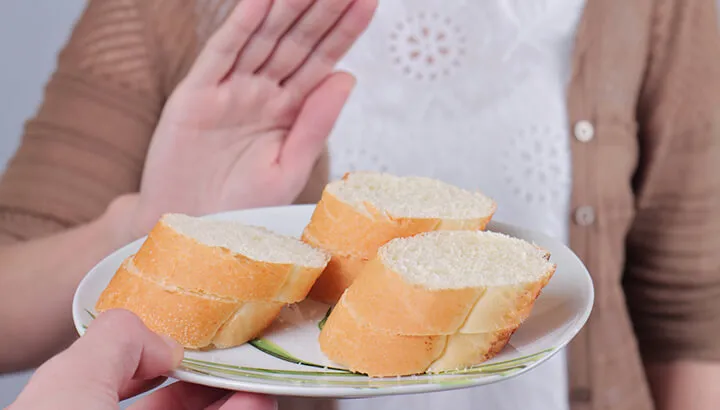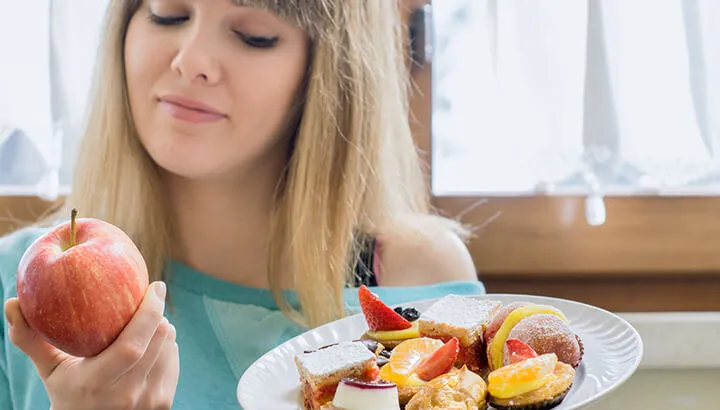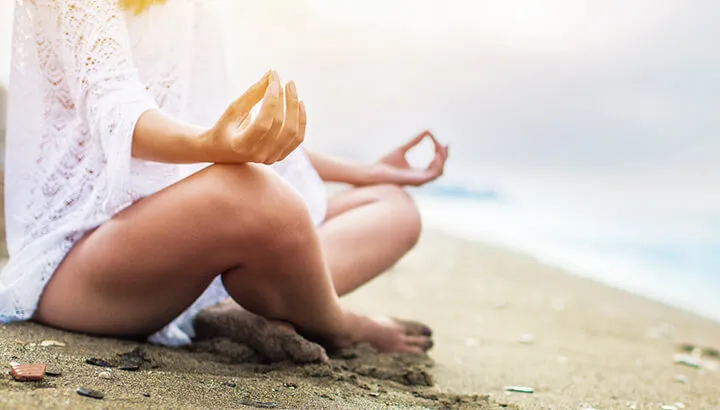
- Share on Facebook112
- Share on Pinterest
- Share on Twitter
It’s fair to say that we’re an anxious nation. We worry about money, worry about work, worry about family or relationships, and even lie in bed at night worrying about whether we remembered to take the chicken out of the freezer to thaw. It’s commonplace to be anxious, perhaps even a rite of passage into adulthood; to have a furrowed brow is to show that you’ve got things going on in your life.
I’ll be the first to admit that I was at the forefront of the nationwide anxiety movement. For me, it began early, with my teenage years overshadowed by constant anxiety over whether I was good enough, cool enough or smart enough. A constant need to please my parents instilled low-level anxiety from a young age, while the emotional rigors of school and the often nasty social interactions of my teenage years had me worrying 24/7.
Jump forward to my university years, and the social anxiety still existed, but now a new worry reared its ugly head: was I making the right choices? Where was my life going? Would I get the marks I needed to get the job I wanted?
If I’d thought the emotional turmoil in my mind would quiet after I graduated, I was sadly mistaken. Heading out into the world with a shiny new interior design degree meant diddly squat in the harrowing financial climate brought on by the 2007 mortgage crisis. I couldn’t get a paid job anywhere, and simply refused to do what many of my peers were doing and accept an unpaid internship and the obligatory move back in with the parents.
I traveled, worked when I got the chance and racked up a monstrous loan. Unsurprisingly, as the loan got bigger and bigger, so too did my anxiety. As I transitioned into my mid-twenties, there seemed no solution in sight, and it was high time for a change.
How I cured my anxiety naturally
For someone else in my position, the logical step would be to take a trip to the doctor’s office. After a brief chat with the doc, they’d walk out with a prescription for anti-anxiety meds, pop a couple of pills a few times a day, and wait for that blissful moment when their ever-present anxiety faded into the background.
I can’t say I wasn’t tempted myself, but by that stage in my life, I’d learned to think critically when it came to my health. What were the side effects of those anti-anxiety meds? Were they really solving the problem, or simply applying a band-aid? Would my condition worsen over time, with my reliance on these meds subsequently increasing?
The answers to these questions were never good ones, so I made it my goal to seek out other, less harmful solutions. Here’s what worked best for me.
Ditch the gluten

We keep coming back to gluten time and again, but there’s a reason for that. Gluten has got to be one of the most harmful substances we’re putting in our bodies, acting as a time-release poison to damage our gut, confuse our immune system and exhaust our adrenals.
The important thing here is to realize that there’s a scientifically proven link between gut health and mood. Called the gut-brain axis, the health of your digestive tract and the bacteria that reside within it has been shown to have a direct influence on our mental state of mind. And gluten causes increased gut permeability, elevated inflammation, and a predominance of parasitic microorganisms.
To illustrate this, patients suffering from celiac disease who were placed on a gluten-free diet for a year had significantly lower levels of anxiety. Other studies show that gluten-intolerant people (who make up a large proportion of the population) are far more likely to suffer from anxiety than healthy individuals.
With gluten out of the way, my anxiety slowly but surely began to recede. It was easy to tell — the longer I went without gluten, the better I felt. If I ever splurged on a delicious-looking piece of cake or slice of bread, I’d notice an almost instantaneous return of anxious thoughts.
Ditch the sugar

If gluten is public enemy number one, sugar has got to be number two. Sugar impacts the gut in different, but no less harmful ways. Many species of parasitic microorganisms, the most famous of which is Candida albicans, metabolize the sugar we eat as a key food source. The more sugar you eat, the more numerous these harmful microorganisms get. And with the vast quantities of sugar present in the typical American diet, it’s no wonder that a large proportion of the population is assumed to be suffering from a candida overgrowth.
As you now know, bacterial imbalances in the gut have a direct impact on your mood and state of mind. Thus is it any surprise to learn that with increasing consumption of sugar, and hence an overgrowth of “bad” bacteria, your anxiety can skyrocket? It was certainly a surprise to me, and I found that by dramatically cutting back on both real and artificial sources of sugar, my anxiety levels plummeted.
So, no sugary drinks (even those claiming to be “sugar-free”), no tasty baked goods and no heaped spoonfuls of sugar in your morning coffee! Even fruit should be moderated, as the fructose it contains can become harmful in large doses.
Ditch the stress

Obviously, there’s a strong relationship between anxiety and stress. Indeed, anxiety is both a cause and product of stress. Armed with this knowledge, I set out to land a firm kick directly on the ample backside of my daily stress levels.
The answer was simple: meditation. Time and again, studies have shown various forms of meditation to be amazingly effective in treating chronic anxiety. In particular, mindfulness meditation programs have produced spectacular results in lowering the levels of stress, anxiety and panic in people like you and I. Having stumbled across countless studies indicating just how effective meditation really is in treating anxiety, I made it my mission to practice some form of meditation for at least 10 minutes a day.
Before bed every night, I’d do 10 to 15 minutes of gentle yoga, mindfulness meditation or whatever other form of meditation took my fancy — there’s a lot! The results were wonderful: I’d instantly enter into a state of relaxation and calm, quickly stilling the chaotic thoughts and worries in my mind and drifting off to sleep far more rapidly than at any other point in my life.
— Liivi Hess
- Share on Facebook112
- Share on Pinterest
- Share on Twitter

